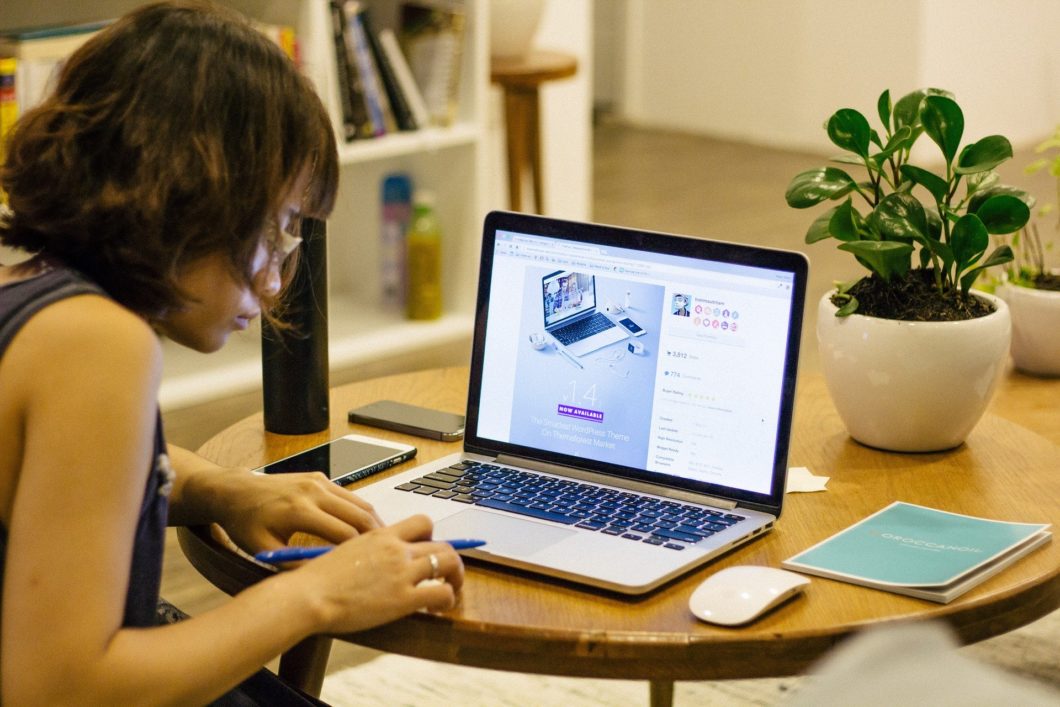Article by Chloe Chua, an incoming trainee of OTP Law Corporation.

Working from home is now part of a new normal in the midst of the COVID-19 pandemic. While we adjust to this change in environment, it is important that we consider how best to ensure the privacy of confidential work data.
Section 24 of the Privacy and Data Protection Act in Singapore requires an organisation to make reasonable security arrangements to protect personal data in its possession or under its control in order to prevent unauthorised access, collection, use, disclosure, copying, modification, disposal or similar risks. During this difficult time of change and transition, organisations should bear in mind that they are still responsible for ensuring that employees comply with Data Protection Provisions.
While it may not be reasonable to expect employees to install complex protections such as virtual private networks, stringent anti-virus software, firewalls and whitelisted IP addresses in their personal home networks, there are certain doable steps to optimising protection and preventing data breaches.
- Password Protect
By encrypting computers, documents and even storage devices like USBs, we immediately add an additional barrier to any potential or accidental data breach. Bearing in mind that we are working from home with people who presumably know us best, it might be wise to avoid simple passwords like birth dates or the names of loved ones.
With recent news that Phase 2 post-circuit breaker reopening could be sooner than we expect, we might find ourselves working from cafés or anywhere else outside our homes for a change of scenery. Password protection also helps to mitigate the risk of data breaches in the unfortunate event that devices are misplaced.
- Restrict Access on Devices
It is best to work from a laptop or computer that is not shared with anyone else to ensure that we are the only ones who have access to our work at home.
However, if that is not possible, multiple accounts for different users should be created. In line with Step 1, remember to log out of the account whenever one is away from the computer.
Additionally, it is not advisable to download work-related documents into the hard-drive of a shared computer. Instead, use a cloud or network with restricted access for all work documents.
- Create a Confidential Workspace
Working in a room of our own effectively prevents members of the household from overhearing Zoom meetings where confidential matters are discussed or accidentally seeing what is on our screens when we are working.
That being said, even without our own rooms, we can create as confidential a workspace as possible by using earphones during meetings and keeping our backs to the wall when working on sensitive documents. We could also darken our computer screens and minimise the font size so that it becomes much more difficult for others to see.
- Protect Hard Copies
It is easy to neglect data and information in their physical forms, especially when many organisations are going paperless. However, we might still be in the habit of writing down notes or thought processes on paper or we might have printed out certain documents for more convenient referencing. It is crucial that these papers are not left lying around. As much as possible, they should be stored somewhere safe, such as in a locked drawer, or should be hand-shredded and securely disposed whenever possible.
- Avoid Chatting about Work
While it is natural to want to talk to the people around us about something other than what our next meal is going to be, it is easy to let slip confidential data and private information when chatting about work with them. After all, these are the people we let our guard down for. As much as possible, we should avoid talking about our work.
Although there are many things on our minds in this challenging time, it is necessary to pause and take stock of the way in which we have been working from home in order to optimise the protection of confidential data. While the future is uncertain, working from home seems likely to continue to be a part of our lives.


